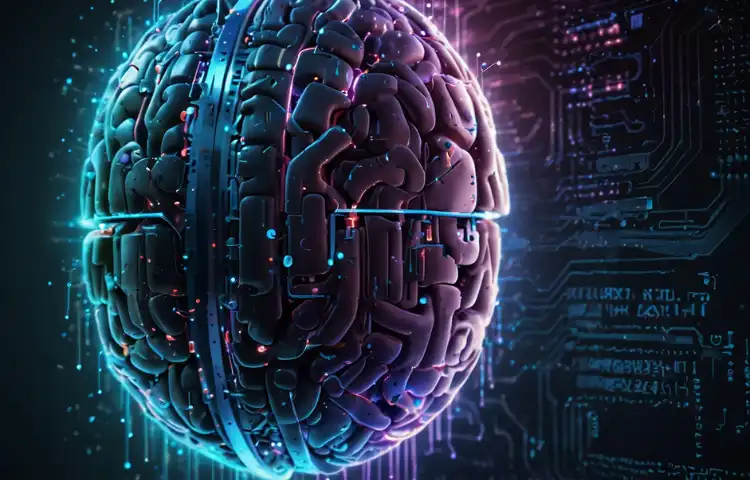

Prefer to listen instead? Here’s the podcast version of this article.
As technology pushes the boundaries of what’s possible, Quantum AI is quickly emerging as one of the most exciting fields to watch. By combining the raw power of quantum computing with artificial intelligence (AI), this new frontier promises to revolutionize industries from finance to healthcare. Quantum AI offers the ability to solve complex problems exponentially faster than classical systems, making it a game-changer for researchers and businesses alike. In this post, we’ll explore its real-world applications, challenges, and future potential, diving deeper into what this tech means for our world.
At its core, Quantum AI leverages quantum computing’s unique abilities—such as superposition and entanglement—to run AI models at speeds unimaginable with traditional computers. AI systems thrive on computational power, often requiring massive amounts of data processing. But even the most advanced supercomputers struggle with certain optimization or pattern recognition tasks. Quantum computers, by contrast, can analyze all possible outcomes simultaneously, opening the door to significant breakthroughs.
Quantum AI is already showing promise in financial modeling, where it identifies patterns across enormous datasets and predicts market movements. Unlike traditional AI models, which can only process sequentially, quantum AI can simultaneously evaluate multiple market scenarios, enhancing risk management strategies and investment planning.
In healthcare, quantum AI accelerates drug discovery by simulating molecular interactions at unprecedented speeds. Traditional drug simulations are computationally expensive, requiring years of trial and error. Quantum AI can cut that time dramatically, making it possible to find treatments for diseases much faster.
Some experts believe that quantum computing will play a pivotal role in developing AGI, or Artificial General Intelligence. AGI refers to an AI that can perform any intellectual task a human can. While AGI remains hypothetical, quantum AI could overcome many of the bottlenecks currently limiting AI’s learning capabilities.
Despite its potential, Quantum AI faces significant challenges. Quantum computers are still in their infancy, with scalability and stability remaining major hurdles. Additionally, quantum hardware is expensive and requires specialized environments to operate, limiting accessibility to a handful of organizations.
There are also ethical and governance concerns around using such powerful technology responsibly. The European Union, for instance, is leading the charge with its AI Act, a regulatory framework ensuring that advanced technologies like quantum AI are developed transparently and without bias.
Experts predict that as quantum hardware improves, Quantum AI will redefine industries by 2030, with the global market expected to reach $1.8 billion.
This technology has the potential to:
Quantum AI is still evolving, and staying informed about its development is essential. For more AI-related insights, visit the Quantilus Blog at quantilus.com/blogs. Here are some additional reads to explore:
As the synergy between quantum computing and AI grows, we can expect breakthroughs that redefine industries and open doors to entirely new possibilities. From revolutionizing healthcare to reshaping financial markets and setting the stage for AGI, Quantum AI is a powerful force poised to transform the future. However, with great power comes great responsibility. As we embrace this new wave, it is crucial to establish robust governance frameworks to ensure the technology serves humanity responsibly.
WEBINAR